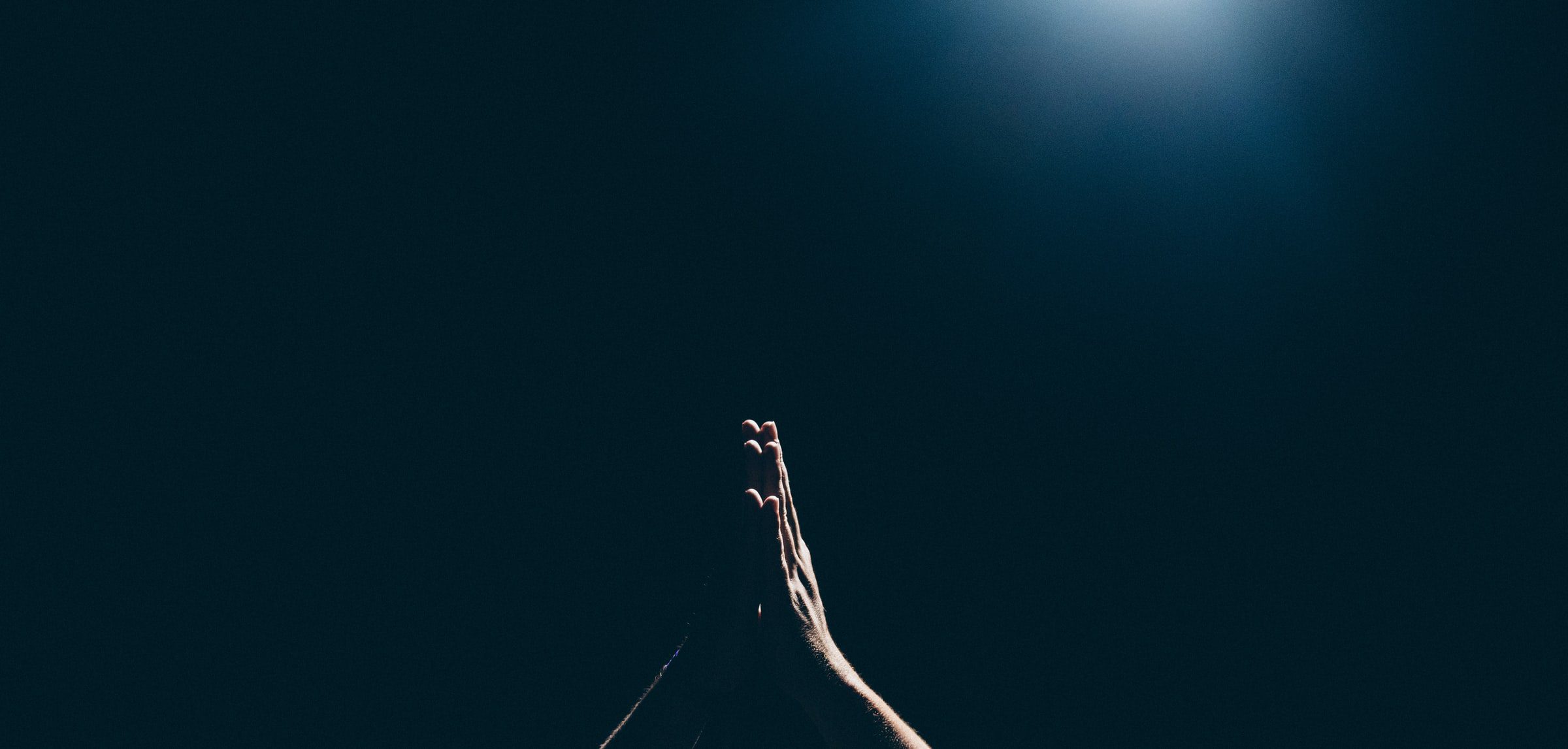“The Most Holy Body and Blood of Christ:
The Heart of our identity as Catholics.”
It happened in World War II. In the movie Au Revoir Les Enfants (Goodbye, Children), Three Jewish boys were taken into a Catholic boarding school in France to be hidden from the Gestapo. Their names were changed, and they were passed off as Protestants. The Jewish students are protected by the headmaster, Father Jean. Their classmates do not know their true identities. Julian Quentin, a Catholic from a wealthy family, becomes good friends with Jean Bonnet and discovers that his real last name is Kippelstein. Julian knows nothing about Jews or why the Germans despise them.
One day at Mass, Jean comes to the communion rail with his classmates. Has he made a baptism of desire? Does he truly desire to receive the Body and Blood of Christ? Fr. Jean wonders but has no way of knowing. He approaches the boy with the host. But, at the last moment, he gives it to the Catholic student next to him. Shortly thereafter, the Gestapo come to arrest the Jewish boys and Fr. Jean. The priest’s compassion has led him to the death camps. Julian, who has unwittingly pointed his friend out to the soldiers, weeps as Jean Kippeslstein and Fr. Jean are taken away.
Today is the Solemnity of the Most Holy Body and Blood of Christ. We who have the great joy of receiving Christ at every Eucharistic Liturgy are invited to consider what this feast means to us. Here is the heart of our identity as Roman Catholics. We are a eucharistic people, fed by the real presence of Jesus, Body, Soul and Divinity, who poured himself out for us at the Last Supper.
The movie “Goodbye, Children” never clarifies whether Jean Kippelstein tried to receive communion because he had come to believe in Christ as his savior. Did the Jewish boy truly desire to receive him? Would he have been thankful for the opportunity? But what we do know is that Christ’s love for us should “transform the coldness of our hearts into a fire of love and gratitude” every time we receive him.
On Holy Thursday, for those who were present, you might remember me speaking of a book by Ronald Rolheiser titled: “Our One Great Act of fidelity: Waiting for Christ in the Eucharist.” I spoke that night on one of the chapters in the book, “The Eucharist as God’s Physical Embrace. I will repeat, that the Eucharist is an embrace meant to take away personal loneliness, but as we get older, a deeper kind of loneliness can and should begin to obsess us. This deeper loneliness makes us aware of how torn and divided is our world and everything and everyone in it. There is a global loneliness that dwarfs private pain.
The Eucharist is such a prayer of helplessness, a prayer for God to give us a unity we cannot give to ourselves. It is not incidental that Jesus instituted the Eucharist in the hour of his most intense loneliness, when he realized that all the words, he had spoken had not been enough and that he had no more words to give. When he felt most helpless, he gave us the prayer of that helplessness, the Eucharist. And from this prayer flows the fire of love and gratitude in three forms:
- The fire of love and gratitude is kindled in the eucharistic community.
As we celebrate the fact that Jesus makes his real presence available to us, his friends, before he passes over to his Father, through the fire of love and gratitude, we take his presence back out into the community when out of love for one another and gratitude for the gift he has given, we share love and make no room for hate or division.
- The fire of love and gratitude is kindled by practicing the compassion of Christ.
To practice Christ’s compassion is to be acutely aware of how we are involved with one another. We can share our gratitude for the Eucharist by being compassionate toward those who especially attracted the compassion of Jesus: the dejected poor, the lonely sick, the long-term prisoner, the blind or deaf and those who are victimized by hatred, bullying, sex trafficking, racism, ostracized due to sexual orientation, religion, politics, and race.
- The fire of love and gratitude is kindled in our reception of Holy Communion.
It is important that we receive the Eucharist; we do not take it from the Priest or Minister. The Eucharist is a call for us to move from worship to service, to receive the nourishment, the embrace, the kiss, we have just received from God and translate it immediately and directly into loving service of others.
We who are about to receive the Body and Blood of Christ give thanks that we become ONE in the community of faith. Our hearts desire his coming so deeply, now and in the final Passover of heaven.

